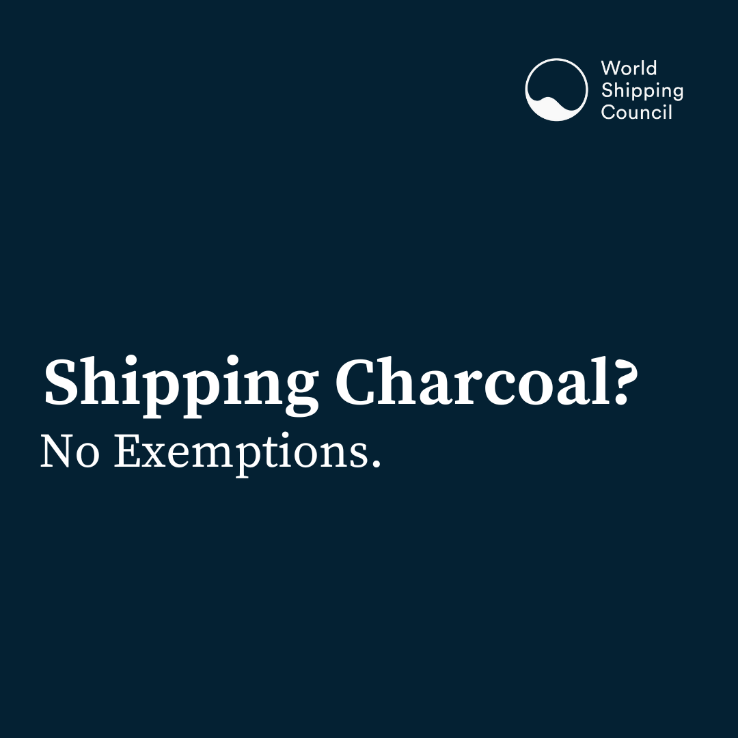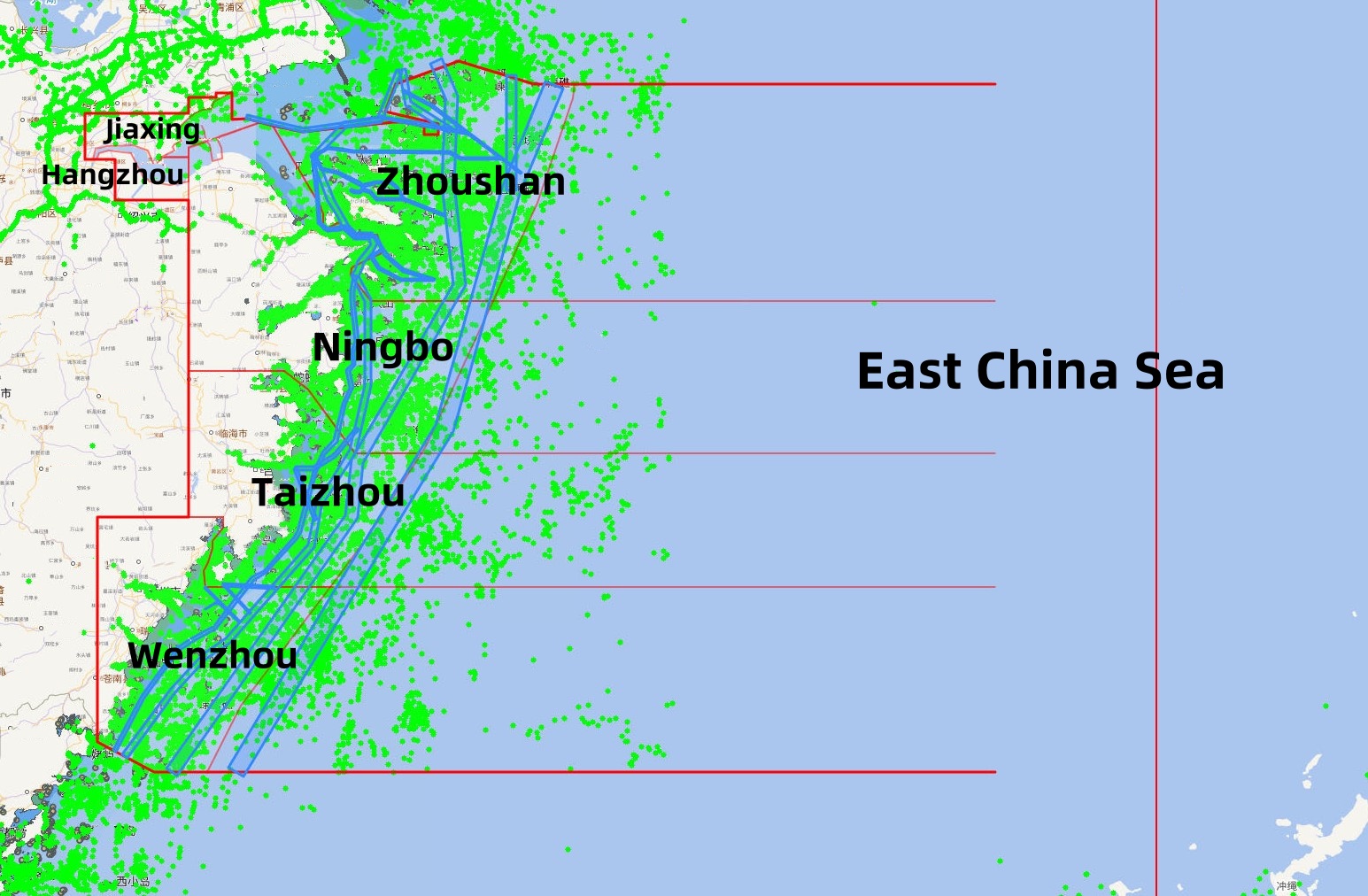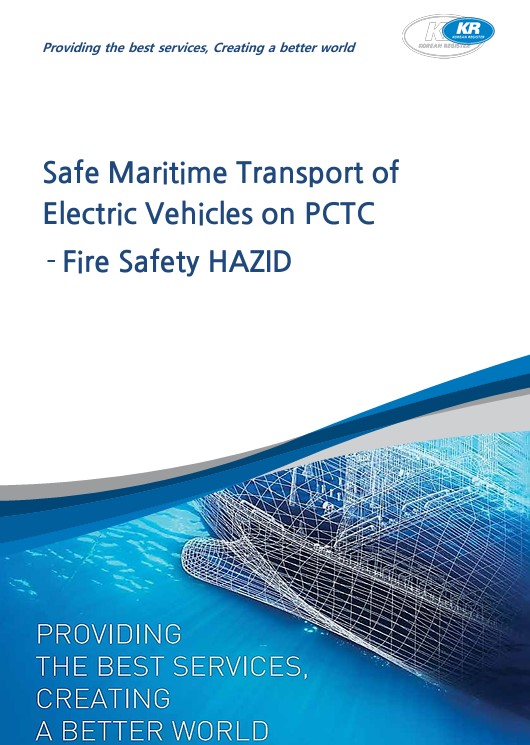The Cargo Integrity Group is issuing an urgent reminder of the need for an emergency contact telephone number to be provided for shipments of dangerous goods, following recent experiences reported by its partner organizations.
Transport of dangerous goods is essential to the production and distribution of many products on a global scale. The International Maritime Dangerous Goods (IMDG) Code1 is in force worldwide to ensure the safety and security of people, the environment and assets, and must be followed by all parties. Recommended industry practices have also been developed for the packing and securing of goods in cargo transport units, such as the CTU Code2.
The majority of dangerous goods shipments are carried and handled without incident. Nonetheless, should an incident occur despite all safety precautions, it is essential that the necessary steps to respond to the dangers can be taken swiftly and reliably by those attending the scene.
A requirement of many national dangerous goods regulations for transport by sea, in order to comply with international dangerous goods regulations, including the IMDG Code, is that a suitable 24-hour emergency response number be provided within shipping documentation, safety data sheets or other compliant means for each shipment of dangerous goods. The phone number must be answered by a person who is knowledgeable of the dangerous goods being shipped and has comprehensive emergency response and incident mitigation information for the product or products in the shipment, or has immediate access to a person who has that information. This phone number must not have a call-back function, such as the use of voicemail or pager, nor be a general answering service. The number must be current during the shipment and monitored 24 hours a day.
Shippers of dangerous goods must therefore take appropriate measures to establish access to an appropriate and knowledgeable person or persons and include their telephone contact number on the transport documents and safety data sheets, to ensure full compliance with this requirement.
The Cargo Integrity Group points out that the IMDG Code starts from the premise that the transport of dangerous goods is prohibited, unless they are shipped in accordance with the applicable regulatory provisions. Only when mandatory regulations and guidelines are followed can it be expected that such cargoes are able to be transported safely. Extreme diligence and accurate emergency response information is necessary to prevent minor incidents from becoming major casualties. Failure to comply with these requirements may result in shipments being refused for transport by terminals or shipping lines and parties may incur heavy fines and product liability risks in any legal actions.
References:
-
The International Maritime Dangerous Goods Code, Amendment 41-22, effective from 1 January 2024 (The IMDG Code) is published by the International Maritime Organization and specifies the standards to which packaged dangerous goods must be consigned, handled and carried for transport by sea.
-
The IMO/ILO/UNECE Code of Practice for Packing of Cargo Transport Units, 2014 Edition. (The CTU Code) is published jointly by the sponsoring organizations and is a compendium of recommended practices to be followed by those packing or loading intermodal containers, road vehicles and railway wagons for international transport.
The Cargo Integrity Group has published a ‘Quick Guide to the CTU Code’ and a ‘Container Packing Checklist’ in seven languages to support compliance with these requirements and recommendations.
Safety — World Shipping Council
The opinions expressed herein are the author's and not necessarily those of The Xinde Marine News.
Please Contact Us at:
media@xindemarine.com

 Reporting Requirements for Foreign-flagged Ships En
Reporting Requirements for Foreign-flagged Ships En  Shipping Carriers Move to Prevent Deadly Charcoal F
Shipping Carriers Move to Prevent Deadly Charcoal F  KR, HD KSOE, HD HHI, KSS Line, and Liberian Registr
KR, HD KSOE, HD HHI, KSS Line, and Liberian Registr  Zhejiang Maritime Safety Administration Issues the “
Zhejiang Maritime Safety Administration Issues the “  RightShip Updates Age Trigger for Vessel Inspection
RightShip Updates Age Trigger for Vessel Inspection  KR Publishes Report on Safe Maritime Transport of E
KR Publishes Report on Safe Maritime Transport of E